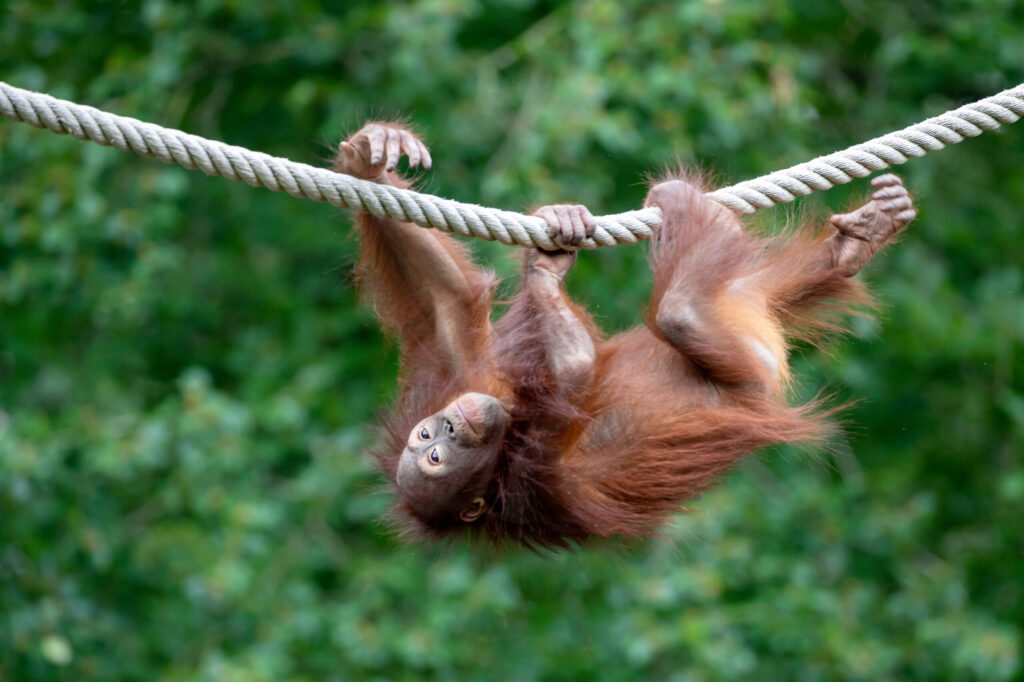The biodiversity and wetland restoration project aims to reduce Indonesia’s emissions by preserving some 14,980 hectares of tropical peat swamp forest. This area, rich in biodiversity, including the endangered Bornean orangutan, was originally designated to be converted into palm oil plantations.
The primary project activity achieves biodiversity goals, protecting endangered species and preventing the development of palm oil plantations that would have released both above and belowground carbon deposits. As a result, the burning, logging and draining of peatlands required to convert to palm oil plantations has been avoided and over 50 endangered species are now being protected.
Located in the Katingan and Kotawaringin Timur districts of Central Kalimantan, the project encompasses one of Indonesia’s largest intact peat swamp forests and aims to ensure sustainable incomes for local communities while addressing global climate change.
VCS1477
VCS & CCB Registered
Indonesia
14,980 Hectares

ARR; REDD; WRC
7,451,846 tonnes CO2

1st, 01/11/2010 – 31/10/2070
Supporting 342 local communities
The project has a strong commitment to environmental and sustainable development that benefit local communities through the following contributions:
ENVIRONMENT AND BIODIVERSITY
The project has halted deforestation and is restoring and protecting the natural forest ecosystem, safeguarding biodiversity that includes IUCN Red List species. Key initiatives include fire prevention, community-led forest management, rewetting drained areas with 31 new dams, and replanting 575 hectares with native species. The project also monitors local flora and fauna, deploying 120 cameras to track endangered species like the Bornean Orangutan.
COMMUNITY AND HEALTH
The program supports 25 Pos Yandu community health centers across 20 villages, enhancing access to healthcare for general, maternal, child, and senior care. It provides training, educational materials, and financial support for essential healthcare equipment. Additionally, it aids local governments in maternal and neonatal health education to lower village-level mortality rates and provides fire prevention health education to 46 elementary schools.
CLEAN WATER AND SANITATION
The project enhances public services by supporting village-level health education, especially around clean water, sanitation, and hygiene. Through the WATSAN program, it aims to replace river latrines with 80 new land-based latrines across six villages, improve water quality by reducing pollutants, increase recycling, and protect water ecosystems like forests, wetlands, and rivers. Efforts include clean water technology inventory, regular river quality monitoring, and empowering local communities in water and sanitation management.
SOCIOECONOMIC DEVELOPMENT
The company employs over 500 locals to aid in forest protection and reforestation, supports small business growth through microfinance in seven villages, and involves 324 community members. Social empowerment and capacity building programs have been implemented with an emphasis on supporting communities, women and youth that includes the provision of education, training, employment within the project, creating new community centers.



SDG 1: No poverty

SDG 4: Quality Education

SDG 8: Decent work and economic growth

SDG 16: Peace, justice and strong institutions

SDG 2: Zero Hunger

SDG 5: Gender equality

SDG 13: Climate action

SDG 17: Partnerships for the goals

SDG 3: Good health and well-being for people

SDG 6: Clean water and sanitation

SDG 15: Life on land
One Tribe enables businesses to be more sustainable by funding rainforest protection projects that store carbon from being released into the atmosphere. By enabling customers to protect rainforest when they shop online we also empowers consumers to drive positive change
One Tribe is a Climate Action Platform enabling businesses and their customers to make a positive environmental impact.


Eric currently works as an independent consultant at the intersection of nature and climate, focused on catalysing market and non-market solutions to drive the just transition.
He previously was Head of Product at Earthshot Labs, supporting nature conservation and restoration projects across the global south secure project finance. Prior to Earthshot Labs, Eric led nature-based carbon project development for Gorongosa National Park in Mozambique and founded the Carbon Cooperative, a global alliance of leading nature conservation and restoration practitioners exploring carbon finance. After serving in the Peace Corps in Mozambique out of university, he spent much of his 20s working in community-based conservation and ecosystem restoration efforts in Sub-Saharan Africa interspersed with two startup ventures as co-founder and CEO of a mental health tech startup and COO of a sustainable coffee company. Eric has a dual Masters in Environmental Engineering and Environmental Policy from Stanford University where he was a NSF Graduate Research Fellow and a BS in Environmental Engineering from Tufts University.
Alan is a risk management thought-leader, superconnector, and FinTech pioneer. His mission is to enable an Earth Positive economy which includes nature in global accounting systems.
Alan is Founder of Generation Blue, a venture studio dedicated to planetary game changers powered by exponential technologies. Previously, Alan established Natural Capital Markets at Lykke AG, pioneering blockchain based forestry and carbon backed tokens. Alan has over two decades of risk management experience advising global financial institutions, and was a founding member of the RiskMetrics Group, a JPMorgan spin-off. Alan is an investor and advisor to regenerative impact ventures, including TreeBuddy.Earth, Regenativ, and Vlinder Climate.
Lori Whitecalf made history when she became the first woman to be elected Chief of Sweetgrass First Nation in 2011. She served three terms of office from 2011-2017.
Lori took a two-year hiatus from leadership to expand the family ranch and serve as the FSIN Senior Industry Liaison. She was re-elected on November 29. 2019 and again on November 30, 2021, as Chief of Sweetgrass. Chief Whitecalf practises a traditional lifestyle of hunting, fishing and gathering. She currently sits on the following boards: Saskatchewan Indian Institute of Technology, FSIN Lands and Resource Commission, Battle River Treaty 6 Health Centre and Battleford Agency Tribal Chiefs Executive Council, FSIN Women’s Commission.
Tina is the Chief Business Officer for MLTC Industrial Investments, the Economic Development arm of the Meadow Lake Tribal Council. She has a diverse background of experience. Having spent 15 years as a municipal Chief Operating Officer, 20 years involved in Saskatchewan’s Health Authority Board Keewatin Yatthe and 9 years with Northern Lights Board of Education.
She continues as a Board Member with Beaver River Community Futures supporting small business development in her home region. Tina brings a wealth of experience in a variety of fields and many connections to the Indigenous communities of Northern Saskatchewan. In addition Tina holds a BA Advanced from the U of S, a Certificate in Local Government Authority from the U of R and is certified as a Professional Economic Developer for Saskatchewan and a certified Technician Aboriginal Economic Developer (TAED).
Tootoosis’ career spans 40+ years in HRM, political leadership, and Indigenous economic development, as a dedicated bridge builder and advocate for Indigenous causes.
As a key member of the Saskatoon Regional Economic Development Authority (SREDA) team since 2021, he develops strategies for the Truth and Reconciliation Commission final report and Call to Action #92.
He is a graduate of the First Nations University of Canada and a certified Professional Aboriginal Economic Developer. Spearheading various community initiatives while serving as a Chair of the SIEDN while directing ILDII and WIBF. Founder of MGT Consulting Tootoosis is based in Saskatoon, Treaty Six Territory.
Cy Standing (Wakanya Najin in Dakota) has a long and distinguished career including serving overseas as an Electronics Technician in the Royal Canadian Air Force, former Chief of Wahpeton Dakota Nation, former Vice Chief of the Federation of Saskatchewan Indigenous Nations (FSIN), past Executive Director of Community Development Branch of the Department of Northern Saskatchewan as well as an Order in Council appointment to the Federal Parole Board.
Mr. Standing has served as a Director on many Profit and Non-Profit Corporate Boards, including serving as a Director for Affinity Credit Union with assets of over six billion dollars as well as IMI Brokerage and Wanuskewin and is currently a member of the One Tribe Indigenous Carbon Board.